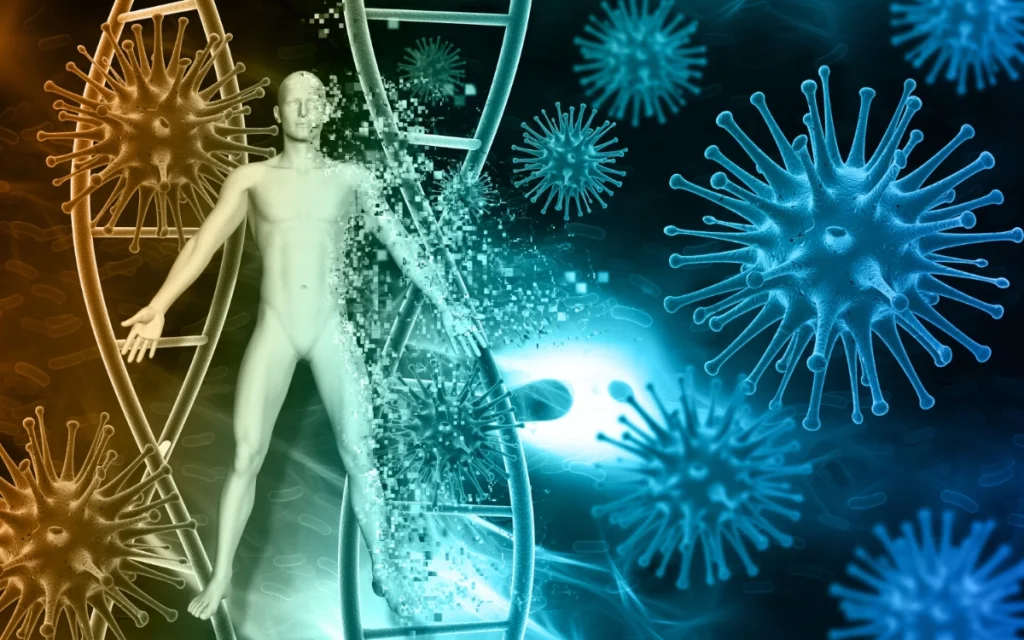
All About Amyloidosis
What is amyloidosis?
Amyloidosis is a syndrome caused when abnormal proteins accumulate as ‘amyloid deposits’ in body tissues and organs. Amyloid can be described as a sticky substance which is formed when proteins in the body are incorrectly formed, or ‘misfold’, and then clump together in various tissues and organs.
As these amyloid deposits build up, they start to cause organ damage, this then begins to negatively impact a persons everyday activities and quality of life. Amyloidosis is still considered a rare disease, although some types are more rare than others
Understanding Amyloidosis - 3D Animation & Overview
Symptoms of amyloidosis
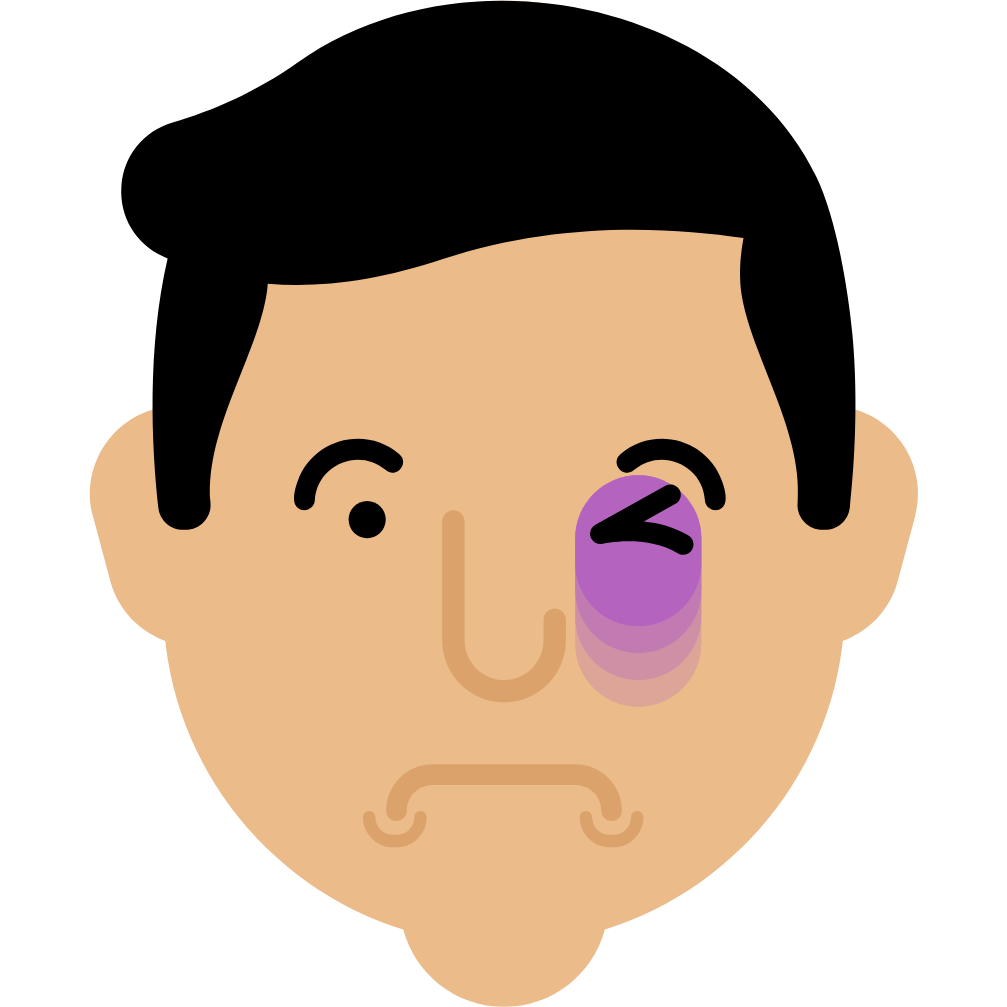
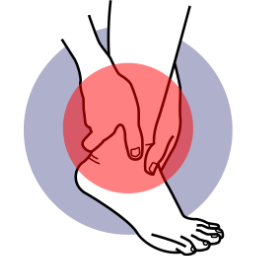






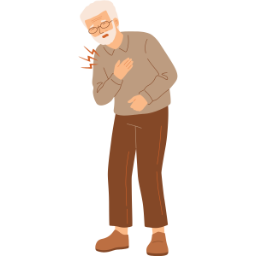

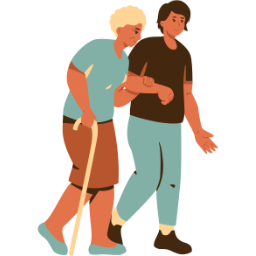
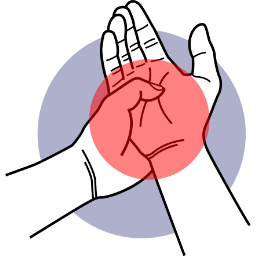
Diagnosing amyloidosis
- Blood and urine tests to look at how well your organs (e.g., heart, kidneys, liver) are working
- Scans to check organ structure and function (e.g. MRI, SAP and DPD scans, echocardiogram)
- Biopsy, where a small piece of tissue is removed and tested in the lab for amyloid deposits
- Genetic tests on saliva or blood samples
- Questions about your current and past medical problems and your parent’s and siblings’ medical history
- Physical examination, which entails listening to your heart and lungs with a stethoscope, checking for visible swelling, bruising or other abnormalities, and feeling around your tummy (abdomen).
Treating amyloidosis
Getting to grips with your diagnosis
Being diagnosed with amyloidosis can be a confusing and upsetting time for patients and their families. Most people would never have heard of amyloidosis, and even pronouncing the word is difficult! Often the diagnosis comes after a long, stressful period of unexplained illness and many hospital visits. Sometimes the diagnostic process is fairly quick because others in the family have, or have had, amyloidosis – that can be scary too. It’s important to learn as much as possible about your condition. Ask your doctor or nurse about sources of reliable and easy-to-read information about the disease, the best available treatments, and what other healthcare and social services are available to help. Remember, Amyloidosis UK is also here to support you and your family along this journey

Read next…
Types of amyloidosis
- Healthcare professionals classify amyloidosis by the type of protein involved.
- Treatment depends on the type of amyloidosis and the organs affected.
- Strategies focus on reducing the faulty protein and managing complications.
AL amyloidosis (primary)
Caused by abnormal antibody “light chain” proteins from plasma cells in the bone marrow. Often affects the kidneys and heart.Treatments
- Chemotherapy and immunotherapy: Drugs such as daratumumab kill abnormal plasma cells that produce amyloid proteins.
- Stem cell transplant: Replaces diseased bone marrow with healthy cells, suitable for select patients with less advanced organ damage.
- Targeted therapies: Experimental drugs like CAEL-101 aim to clear existing amyloid deposits.
AA amyloidosis (secondary)
Linked to long-term inflammatory conditions such as rheumatoid arthritis or Crohn’s disease. Typically affects the kidneys, liver, and spleen.Treatments
- Treat the underlying condition: Managing the chronic inflammatory disease (e.g., with biologic medications) reduces production of amyloid-forming protein.
ATTR amyloidosis (transthyretin)
Caused by an unstable transthyretin (TTR) protein produced by the liver.Sub-types
- Hereditary (familial): Inherited genetic mutation; affects nerves, heart, and kidneys.
- Wild-type (senile): Non-inherited, usually in men over 60; primarily affects the heart.
Treatments
- TTR stabilizers: Tafamidis (Vyndamax, Vyndaqel) prevents TTR proteins from forming amyloid fibrils.
- Gene silencers: Medicines like patisiran (Onpattro) and vutrisiran (Amvuttra) reduce production of faulty TTR in the liver.
- Liver transplant: In some hereditary cases, replacing the liver removes the source of abnormal TTR protein.
The rarer types (eg AApoA1, AGel, ALys & AFib)
AApoA1 Amyloidosis
AApoA1 amyloidosis, the UK’s third most common hereditary amyloidosis, arises from ApoA1 gene mutations that cause misfolded apolipoproteins to form amyloid deposits in major organs, while SAA is a normally low-level blood protein that increases during inflammation.
AGel Amyloidosis
AGel amyloidosis is caused by gelsolin gene mutations that produce abnormal gelsolin, leading to amyloid deposits that primarily affect the nerves, eyes and skin, and sometimes the kidneys and heart, despite gelsolin’s normal roles in muscle production, cell structure and wound healing.
ALys Amyloidosis
ALys amyloidosis is a very rare hereditary condition in which a lysozyme gene mutation produces an abnormal, infection-fighting protein that forms amyloid deposits, most commonly in the kidneys, liver and gut.
AFib Amyloidosis
AFib amyloidosis is a hereditary disorder in which liver-produced fibrinogen variants misfold into amyloid that primarily affects the kidneys, despite fibrinogen’s normal roles in clotting, inflammation and wound healing.